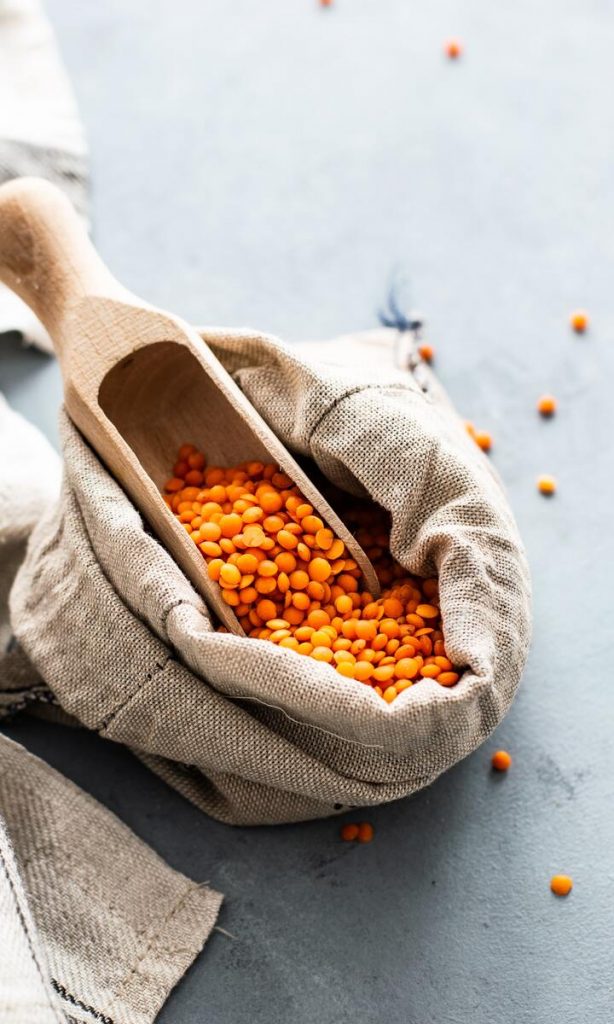November is vegan month, so what better time to highlight some of the best ways to get your protein on a vegan diet?
Chickpeas
To some, chickpeas fall under the category of beans, but we would argue that they deserve a mention all to themselves. Chickpeas are affordable, versatile and absolutely delicious, packing almost 15 grams of protein per cup. They go great in almost any dish, and can be eaten both hot and cold in stews or salads. Not to mention, the chickpea forms the base of hummus, a healthy, high-protein and delectable dip.
Beans
The first food that many think of when they hear ‘vegan’ is generally beans. There are so many different varieties, like butter beans, black beans, kidney beans and more, that it is almost impossible to get tired of eating beans. Beans are not just a staple for vegans but also in many different cuisines across the world. They are full of nutrients and average about 14-15 grams of protein per cup, making them an incredible healthy addition to any diet.
READ MORE: Health benefits of beans
Lentils
Another member of the legume family to join beans and chickpeas is lentils, which contain roughly 18 grams of protein per cooked cup. Lentils are also versatile, and are especially delicious in lasagnes, salads, soups and spicy dahls. You can buy lentils dried, but the canned versions are just as good for you and much more convenient (as long as you give them a rinse to get rid of excess sodium). Other benefits of lentils is that they are high in fibre and important minerals like potassium and iron.
Peas
The humble pea actually has over 8 grams of protein per cup, and is rich in vitamins A, C and K as well as minerals like folate, manganese and thiamine.
Tofu
Tofu is made from soy bean curds that are pressed into a block. It comes in different textures like silken and firm tofu, and can be used in many different ways such as in desserts or as a meat substitute. Per cup, tofu has a whopping 20 grams of protein and as such is great for meeting the protein needs of a vegan diet. A great bonus to tofu is that it takes on the flavour of whatever it is cooked with, meaning that it is adaptable and can suit anyone’s palate.
Nuts & nut butters
Eaten widely by vegans and non-vegans alike, nuts and nut butters are a great and well-known way to amp up your protein. Half a cup of nuts can contain between 15 and 20 grams of protein, and nut butters generally contain about 3-4 grams of protein per tablespoon.
Grains
What many people don’t realise is the high protein content that can be found in many grains. Quinoa has about 9 grams of protein per cooked cup, oats contain about 5 grams of protein and wild rice has almost 7 grams per cup.
Mushrooms
Mushrooms are another vegan source of protein, and are often used as a meat substitute due to their more ‘meaty’ texture. Mushrooms have that savoury, umami flavour that many vegan and vegetarian dishes tend to lack, contain many important vitamins and minerals, and have about 3 grams of protein per cooked cup.
ALSO SEE: Easy ways to go more plant-based
Featured image: Monika Grabowska via Unsplash

